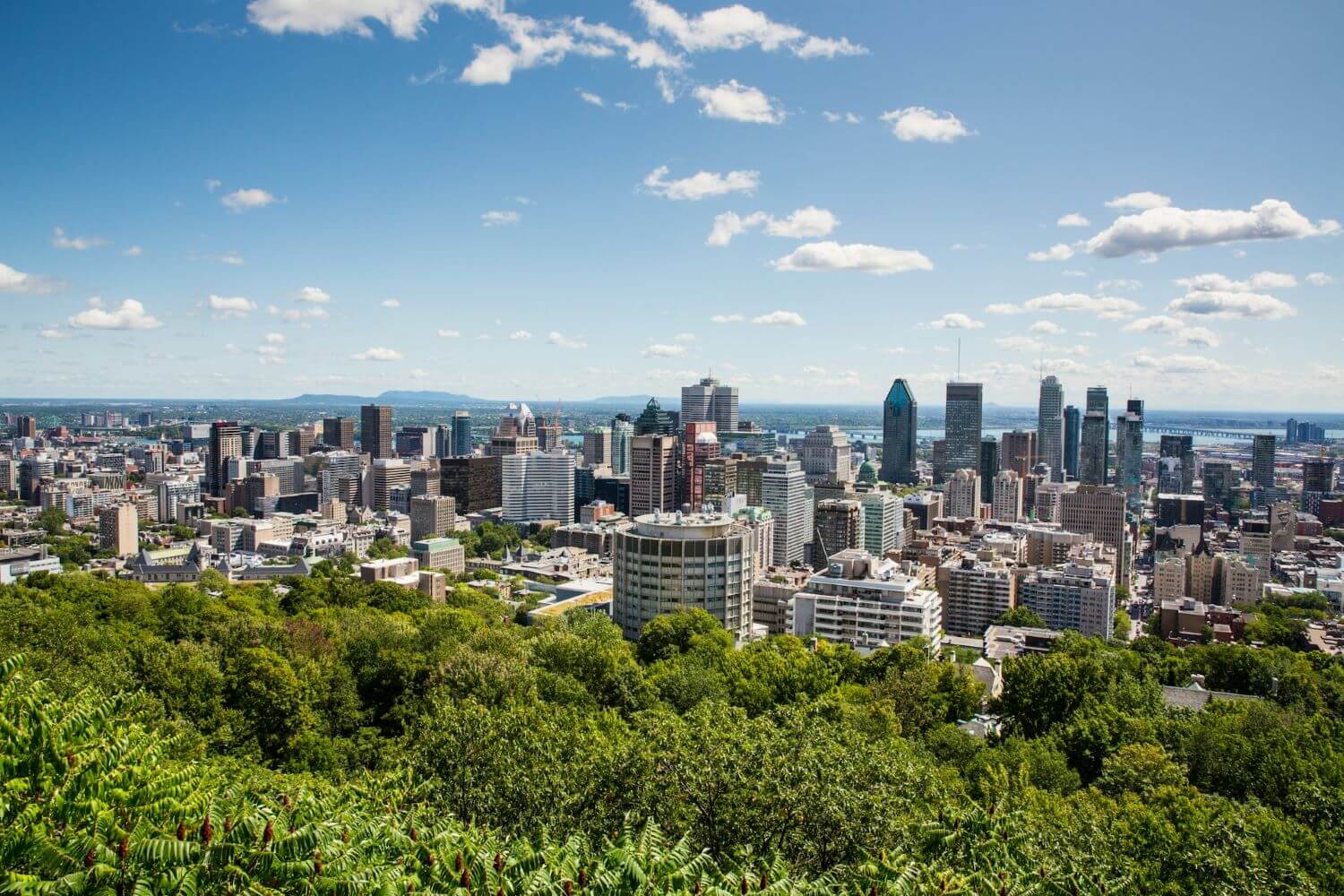If you’ve tried to buy or sell a property in 2020, you’ve probably noticed that prices have risen at breakneck speed.
To get a glimpse of real estate in 2021, it’s best to look ahead to the big questions that could influence the market.
Here are the five big questions to ask yourself before selling or investing:
1. Will single-family home prices continue to rise?
The answer is yes. Price growth is largely driven by supply and demand. Demand is currently very strong and supply remains limited, which is pushing prices up.
According to the Association professionnelle des courtiers immobiliers du Québec (APCIQ), 19% of future buyers are considering buying their first home in the next year. This proportion was only 7% at the end of 2019. At the same time, the number of months of inventory for homes in the $300,000 to $500,000 range has fallen from nearly 12 months in 2015 to just 2.1 months at the turn of 2021.
Taking these factors into account, the APCIQ forecasts that residential prices across Quebec will increase by 5% in 2021.
2. Has your purchasing power decreased?
If you’re about to buy your first property, your purchasing power may be less than that of your parents, despite the current low interest rates.
According to the APCIQ, the average time required to accumulate the minimum 5% down payment has risen from just under 3 years in 2000 to almost 5 years in 2020. What’s more, the average proportion of income needed to pay a mortgage has risen from 15% in 2000 to 21.4% in 2020. Unless there is an unexpected reversal, this trend is likely to continue in 2021.
3. Will interest rates fall further?
Interest rates are unlikely to fall further, as they are currently very low. Generally speaking, when interest rates fall, it encourages prices to rise. But if another crisis were to occur, the government would have a hard time lowering rates any further.
And if, to curb rising prices, the government opted instead to raise rates, many homeowners with stretched debts would find themselves short of cash.
4. Will plexes continue to sell at crazy prices?
It depends on where you look. Plex prices have risen enormously in several regions over the past year (+18% in the Quebec City CMA and +9% in the Montreal CMA), with the result that rental income has not kept pace with sales prices. In the regions and even in the suburbs of major cities, plexes are often more profitable than those located in city centers. So, in 2021, don’t be afraid to expand your radius of action to find a building with good profitability.
5. Is the popularity of the regions just a passing fad?
Containment and widespread telecommuting have undoubtedly increased demand for regionally located homes, propelling prices upwards. For example, in the Laurentians, the median price of single-family homes climbed 34% from November 2019 to November 2020.
As mentioned above, the APCIQ forecasts that residential prices across the province will rise by 5% in 2021. In 2020, the increase was 13%. There will therefore be a slowdown in growth, which could be more pronounced in the regions if telecommuters who have expatriated there eventually choose to return to the city.



